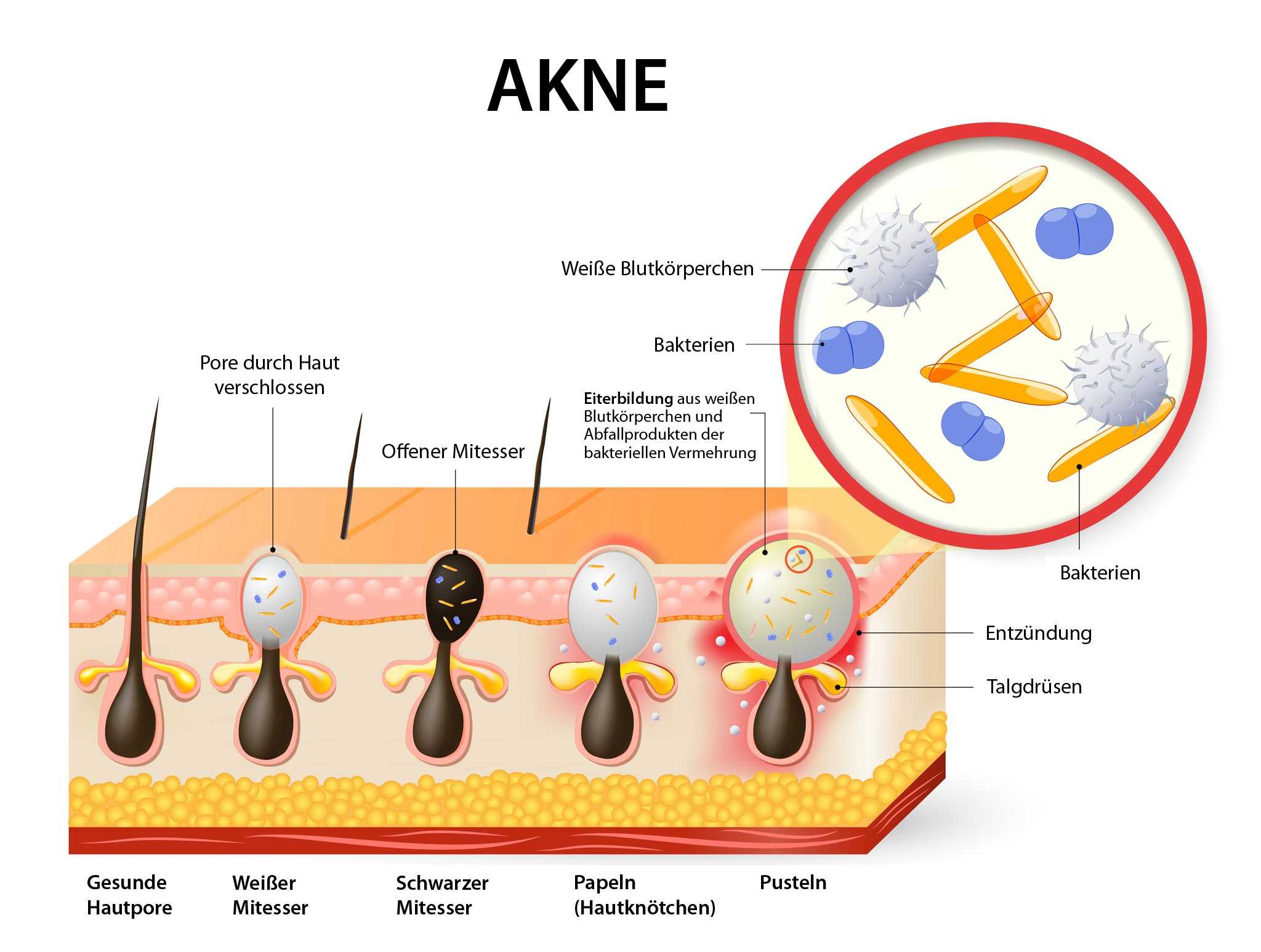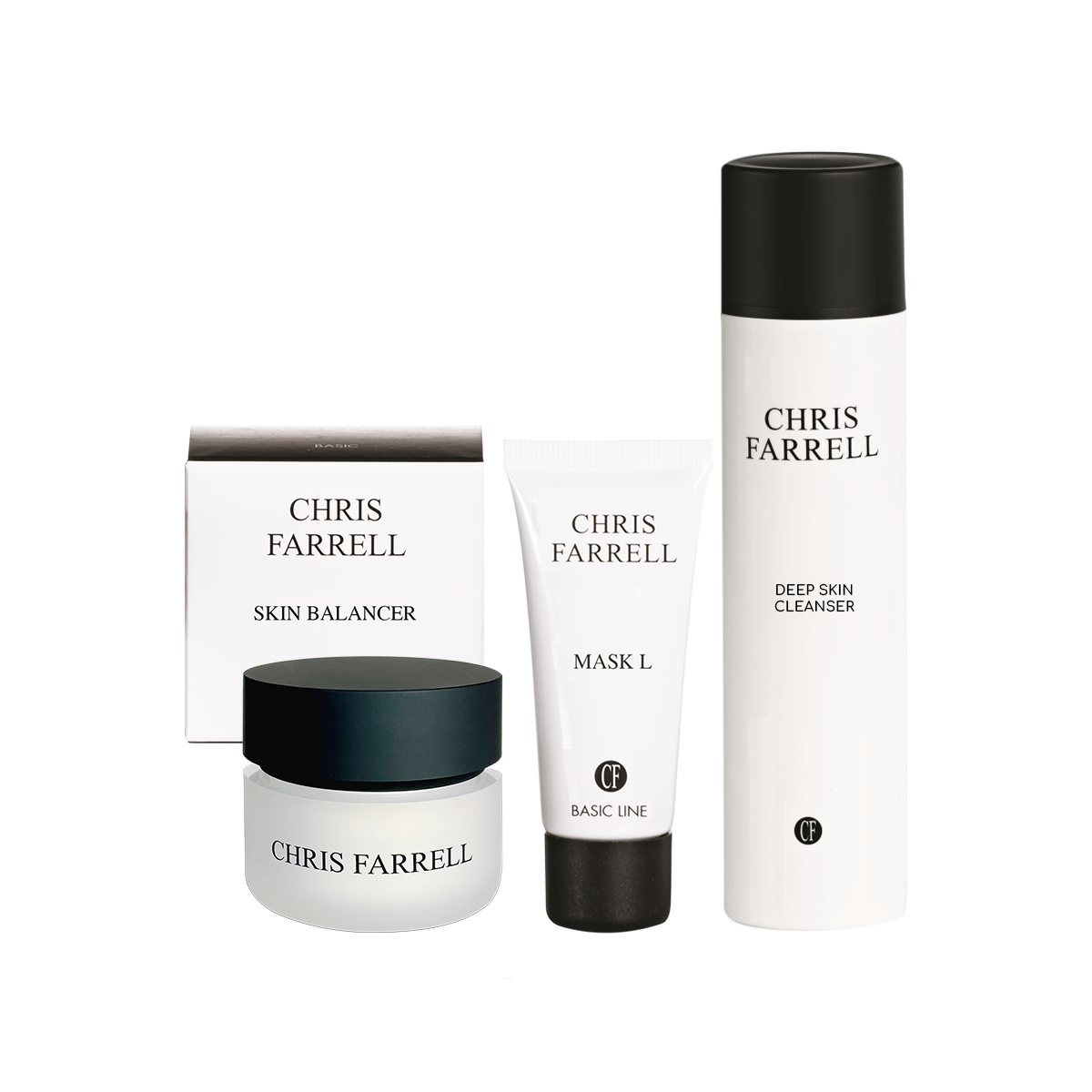Listen up, folks. If you've ever dealt with hormonal acne—yeah, we're talking about those frustrating zits that show up right before your period or just when you're trying to look fresh—you're not alone. Hormonal acne is more common than you might think, and it's something that affects millions of people worldwide. It’s not just about popping a couple of pimples and moving on; this is a real skin concern that deserves attention. So, buckle up because we're diving deep into the world of hormonal acne, and trust me, you're gonna want to stick around for this ride.
First things first, let's get one thing straight: hormonal acne isn't just for teens. While puberty often gets a bad rap for causing breakouts, hormonal acne can strike at any age, especially for women. From those annoying chin zits to the cystic monsters that feel like they're trying to take over your face, hormonal acne is a beast of its own. But don't worry, we're here to break it down for you and help you understand what's going on under the surface.
Now, before we dive into the nitty-gritty, let me tell you something important: hormonal acne is manageable. Yes, you heard me right. With the right knowledge, skincare routine, and sometimes a little help from a dermatologist, you can take control of your skin. So, grab a cup of coffee (or tea, no judgment here), and let's get started on this journey together.
- Tom Cruise Tooth The Story Behind The Iconic Smile
- Why Funny Thursday Quotes Are The Ultimate Mood Booster
What Is Hormonal Acne Anyway?
Hormonal acne, in a nutshell, is acne that's triggered by—you guessed it—hormones. It's not just a random breakout; it's a response to hormonal fluctuations in your body. These fluctuations can cause an increase in oil production, clogged pores, and inflammation, which are all prime conditions for acne to thrive. And let's be real, nobody wants that.
Key Characteristics of Hormonal Acne
Here's the deal: hormonal acne doesn't always look the same. But there are some telltale signs that can help you identify it:
- Location: Hormonal acne often shows up around the chin, jawline, and neck. If you're noticing a pattern of breakouts in these areas, hormones might be the culprit.
- Type: Cystic acne, which is deep, painful, and often red, is a common form of hormonal acne. These aren't the kind of pimples you can just pop and forget about.
- Timing: If your breakouts tend to flare up around the same time every month—usually a week or two before your period—you're probably dealing with hormonal acne.
So, why does this happen? Well, hormones like testosterone and progesterone can increase oil production in your skin, leading to clogged pores and inflammation. It's like a perfect storm for acne, and unfortunately, it's something many of us have to deal with.
- Discover The Most Interesting Farm Names That Will Blow Your Mind
- Discover The Power Of Biblical Farm Names A Divine Guide For Farmers
Why Hormonal Acne Happens
Let's talk science for a minute. Hormonal acne is primarily caused by hormonal imbalances, and there are several factors that can contribute to this:
Hormonal Changes During Menstruation
During your menstrual cycle, hormone levels fluctuate. Right before your period, progesterone levels rise, which can increase oil production and cause breakouts. It's like your skin is saying, "Hey, I know you're about to have your period, so let's make things a little more exciting!"
Pregnancy and Hormonal Acne
Pregnancy is another time when hormonal acne can rear its ugly head. The surge in hormones during pregnancy can lead to increased oil production and breakouts. And if you're thinking, "But I thought pregnancy glow was a thing?" Well, it is, but unfortunately, so is pregnancy acne.
Menopause and Hormonal Acne
Even menopause isn't safe from hormonal acne. As hormone levels decrease during menopause, some women experience an increase in breakouts. It's like your skin is saying, "I don't care what stage of life you're in; I'm still gonna give you acne."
So, whether you're a teenager, a pregnant woman, or going through menopause, hormonal acne can affect you at any stage of life. But don't worry, we've got some tips and tricks to help you manage it.
Diagnosing Hormonal Acne: How to Know for Sure
Alright, so you think you might have hormonal acne, but how do you know for sure? Here are a few ways to diagnose it:
- Track Your Breakouts: Keep a journal of when and where your breakouts occur. If you notice a pattern around your menstrual cycle, hormonal acne might be the cause.
- Consult a Dermatologist: A dermatologist can help you determine if your acne is hormonal and recommend a treatment plan tailored to your needs.
- Consider Hormonal Testing: In some cases, a doctor may recommend hormonal testing to check for imbalances that could be contributing to your acne.
Remember, diagnosing hormonal acne is the first step in managing it. Once you know what you're dealing with, you can start taking steps to improve your skin.
Treatment Options for Hormonal Acne
Now that you know what hormonal acne is and why it happens, let's talk about how to treat it. There are several options available, ranging from over-the-counter products to prescription medications. Here's a breakdown:
Topical Treatments
Topical treatments like retinoids, benzoyl peroxide, and salicylic acid can be effective in treating hormonal acne. These products help unclog pores, reduce inflammation, and prevent future breakouts. But be warned, they can also be a bit harsh on the skin, so it's important to start slowly and monitor how your skin reacts.
Oral Medications
If topical treatments aren't doing the trick, your doctor might recommend oral medications like antibiotics, birth control pills, or spironolactone. These medications work from the inside out to balance your hormones and reduce acne. But again, it's important to consult with a healthcare professional before starting any new medication.
Lifestyle Changes
Believe it or not, lifestyle changes can also play a role in managing hormonal acne. Eating a healthy diet, getting enough sleep, and managing stress can all help improve your skin. It's not a quick fix, but over time, these changes can make a big difference.
So, whether you choose to go the topical, oral, or lifestyle route—or a combination of all three—there are options available to help you manage hormonal acne. It's all about finding what works best for you and your skin.
Natural Remedies for Hormonal Acne
If you're looking for a more natural approach to treating hormonal acne, there are a few options you can try:
- Tea Tree Oil: Tea tree oil has antibacterial and anti-inflammatory properties that can help reduce acne. Just be sure to dilute it with a carrier oil before applying it to your skin.
- Green Tea: Green tea contains antioxidants that can help reduce inflammation and improve skin health. You can drink it or apply it topically as a toner.
- Clay Masks: Clay masks can help draw out impurities and reduce oil production, making them a great option for managing hormonal acne.
While natural remedies can be effective, it's important to remember that they may not work for everyone. If you're considering trying a natural remedy, it's a good idea to do a patch test first to make sure you're not allergic.
Preventing Hormonal Acne
Prevention is key when it comes to hormonal acne. Here are a few tips to help you keep those pesky breakouts at bay:
Skincare Routine
Having a consistent skincare routine is crucial for preventing hormonal acne. Cleanse your face twice a day with a gentle cleanser, moisturize with a non-comedogenic product, and don't forget the sunscreen. These simple steps can make a big difference in the health of your skin.
Stress Management
Stress can exacerbate hormonal acne, so finding ways to manage stress is important. Whether it's through exercise, meditation, or just taking a few deep breaths, finding what works for you can help keep your skin clear.
Dietary Choices
Your diet can also play a role in preventing hormonal acne. Eating a balanced diet rich in fruits, vegetables, and whole grains, and avoiding processed foods and sugary drinks, can help improve your skin health. It's all about fueling your body with the right nutrients.
By incorporating these prevention strategies into your daily routine, you can help reduce the likelihood of hormonal acne flare-ups. It's all about being proactive and taking care of your skin.
Living with Hormonal Acne: Tips and Tricks
Living with hormonal acne can be challenging, but it's not impossible. Here are a few tips to help you navigate the ups and downs:
- Be Patient: Treating hormonal acne takes time, so don't expect overnight results. Stick with your treatment plan and be patient with the process.
- Don't Pick: As tempting as it may be, picking at your acne can lead to scarring and make breakouts worse. Resist the urge and let your skin heal on its own.
- Seek Support: If you're feeling overwhelmed, don't hesitate to reach out to friends, family, or a mental health professional. You're not alone, and there's no shame in seeking support.
Remember, living with hormonal acne doesn't define you. It's just a part of your journey, and with the right mindset and tools, you can manage it and still feel confident in your skin.
Conclusion: Taking Control of Your Skin
So, there you have it, folks. Hormonal acne might be a pain in the neck (or chin, or jawline), but it's something you can manage. By understanding what causes it, diagnosing it correctly, and exploring your treatment options, you can take control of your skin and improve your overall skin health.
Now, here's where you come in. If you've found this article helpful, leave a comment below and let us know your thoughts. Share it with your friends who might be dealing with hormonal acne, and don't forget to check out our other articles for more skincare tips and tricks. Your skin deserves the best, and we're here to help you get there.
Until next time, keep shining, and remember: you've got this!
Table of Contents
- What Is Hormonal Acne Anyway?
- Why Hormonal Acne Happens
- Diagnosing Hormonal Acne
- Treatment Options for Hormonal Acne
- Natural Remedies for Hormonal Acne
- Preventing Hormonal Acne
- Living with Hormonal Acne
- Conclusion



Detail Author:
- Name : Bert Dickens III
- Username : edgar.anderson
- Email : dexter08@yahoo.com
- Birthdate : 1995-06-29
- Address : 42020 Alex Tunnel Judyville, NJ 44603
- Phone : +13255439166
- Company : Emmerich, Boehm and Klocko
- Job : Mathematical Technician
- Bio : Veritatis necessitatibus totam itaque nostrum quae. Placeat et cumque vel dignissimos porro. Ad ullam libero cupiditate enim facere illo. In sed facilis consectetur maxime eos.
Socials
tiktok:
- url : https://tiktok.com/@jalonherzog
- username : jalonherzog
- bio : Dolorum porro eos quasi quia adipisci. Magnam fugit sed quo veniam nemo.
- followers : 2764
- following : 496
twitter:
- url : https://twitter.com/jalon5104
- username : jalon5104
- bio : Eveniet dicta saepe accusamus sunt. Eum quae et sint non atque modi beatae non. Ut aut exercitationem consequatur enim.
- followers : 2266
- following : 756
linkedin:
- url : https://linkedin.com/in/jalon_official
- username : jalon_official
- bio : Omnis fugiat ullam quam ut mollitia.
- followers : 3691
- following : 855
instagram:
- url : https://instagram.com/jalon_official
- username : jalon_official
- bio : In officiis id accusantium in rem. Nobis optio molestiae dignissimos vitae laborum.
- followers : 6840
- following : 2376